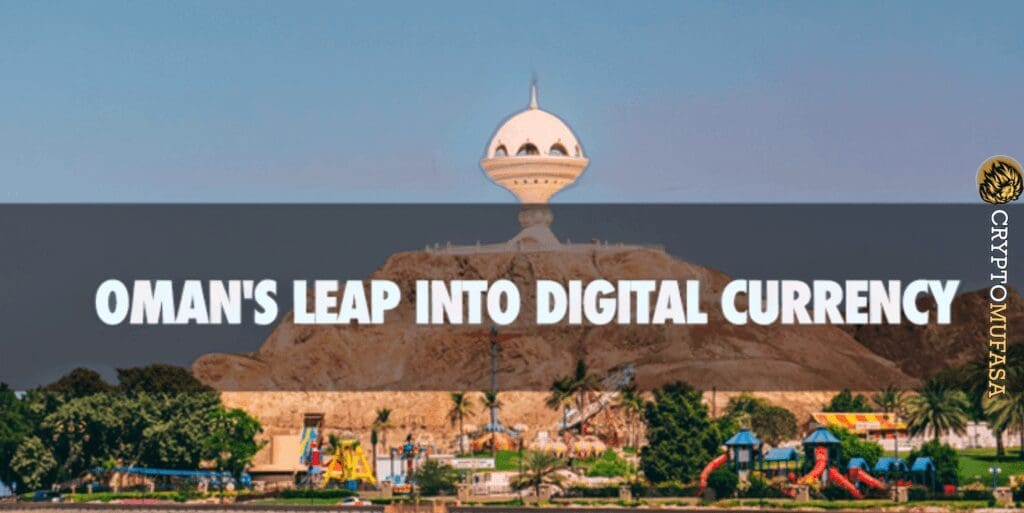In the sun-drenched realm of Oman, a change is stirring in the financial sector as the nation edges towards embracing the digital age of currency. The Sultanate’s financial overseer, the Capital Market Authority (CMA), is enthusiastically inviting the public to voice their opinions on the development of a groundbreaking regulatory environment dedicated to virtual assets such as cryptocurrencies.
As part of this pioneering endeavor, the CMA is meticulously crafting a robust legal framework that would encapsulate the entire digital asset space. This includes defining operational mandates for businesses and implementing measures to curb market abuse, as stated in the consultative document released on July 27.
Underscoring the importance of this endeavor, the CMA expressed its intent to cultivate an innovative platform for investing and financing that offers a tantalizing alternative to traditional methods. Simultaneously, it acknowledges the need to alleviate the risks that often accompany this burgeoning class of assets.
A significant part of this consultation document is an insightful list of 26 queries aimed at gathering opinions from industry participants. Key areas such as regulatory and licensing obligations for virtual asset service providers, the fundamentals of corporate governance, managing risks, and the issuance of virtual assets form the basis of these questions.
The CMA further clarified that their envisioned framework would envelop a broad spectrum of digital currencies. This includes utility tokens, security tokens, stablecoins backed by fiat and other assets, and other digital currencies that align with the Financial Action Task Force’s classification of virtual assets. However, the emission of privacy coins hangs in the balance, awaiting the public’s response.
In an effort to establish a strong domestic presence, the CMA may insist that virtual asset service providers lay down roots in Oman. This could entail setting up a legally recognized entity and physical office, along with satisfying minimum capital prerequisites. Additional stipulations might include maintaining a minimal proportion of assets in hot wallets, carrying out regular audits of protected assets, and furnishing evidence of reserves.
The CMA has set a deadline of August 17 for the public to present their feedback on the consultative document. Noteworthy viewpoints could potentially earn a spot on the CMA’s official website.
After this period of public consultation, the CMA plans to put the finishing touches on the regulatory framework, fine-tuning it based on the feedback received.
Although the formal announcement about the development of the regulatory environment came in February, the groundwork for this initiative was laid much earlier. In November 2020, Oman’s National Committee for Combating Money Laundering and Terrorist Financing resolved to form a task force to explore the feasibility of permitting virtual asset activities. This led to the enlistment of consultants in December 2022 to aid in the orchestration of the new system.

